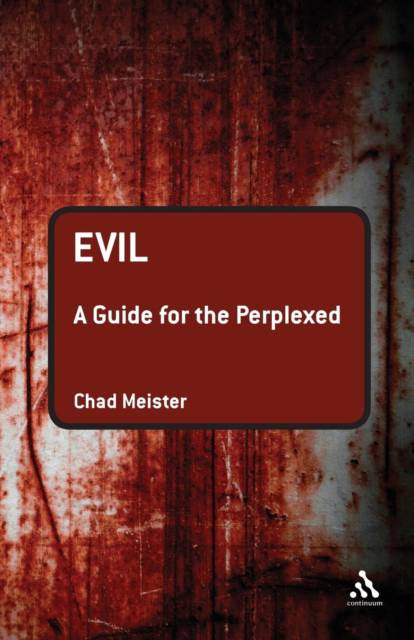
- Afhalen na 1 uur in een winkel met voorraad
- Gratis thuislevering in België vanaf € 30
- Ruim aanbod met 7 miljoen producten
- Afhalen na 1 uur in een winkel met voorraad
- Gratis thuislevering in België vanaf € 30
- Ruim aanbod met 7 miljoen producten
Zoeken
€ 50,95
+ 101 punten
Omschrijving
One of the most perplexing problems facing believers in God is the problem of evil. The words of Epicurus put the point concisely: "Either God wants to abolish evil, and cannot; or he can, but does not want to. If he wants to, but cannot, he is impotent. If he can, but does not want to, he is wicked. If God can abolish evil, and God really wants to do it, why is there evil in the world?" This is a difficult problem to unpick and it remains an issue that continues to concern people and inspire debate.
The problem has taken a variety of forms over the centuries; in fact, there are numerous "problems" of evil-problems for theists but, perhaps surprisingly, problems for non-theists as well. Evil: A Guide for the Perplexed explores, in a rigorous but engaging way, central challenges to religious belief raised by evil and suffering in the world as well as significant responses to them from both theistic and non-theistic perspectives.
Specificaties
Betrokkenen
- Auteur(s):
- Uitgeverij:
Inhoud
- Aantal bladzijden:
- 136
- Taal:
- Engels
- Reeks:
Eigenschappen
- Productcode (EAN):
- 9781441121714
- Verschijningsdatum:
- 2/02/2012
- Uitvoering:
- Paperback
- Formaat:
- Trade paperback (VS)
- Afmetingen:
- 137 mm x 213 mm
- Gewicht:
- 181 g

Alleen bij Standaard Boekhandel
+ 101 punten op je klantenkaart van Standaard Boekhandel
Beoordelingen
We publiceren alleen reviews die voldoen aan de voorwaarden voor reviews. Bekijk onze voorwaarden voor reviews.










